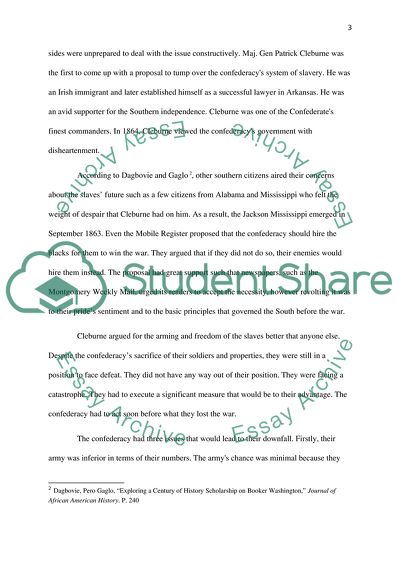Cite this document
(The First World War: Racial Equity and Respect Coursework Example | Topics and Well Written Essays - 2750 words, n.d.)
The First World War: Racial Equity and Respect Coursework Example | Topics and Well Written Essays - 2750 words. https://studentshare.org/history/1815545-assess-the-view-that-warfare-was-the-major-factor-in-bringing-about-african-american-civil-rights-in-the-period-1850-1950
The First World War: Racial Equity and Respect Coursework Example | Topics and Well Written Essays - 2750 words. https://studentshare.org/history/1815545-assess-the-view-that-warfare-was-the-major-factor-in-bringing-about-african-american-civil-rights-in-the-period-1850-1950
(The First World War: Racial Equity and Respect Coursework Example | Topics and Well Written Essays - 2750 Words)
The First World War: Racial Equity and Respect Coursework Example | Topics and Well Written Essays - 2750 Words. https://studentshare.org/history/1815545-assess-the-view-that-warfare-was-the-major-factor-in-bringing-about-african-american-civil-rights-in-the-period-1850-1950.
The First World War: Racial Equity and Respect Coursework Example | Topics and Well Written Essays - 2750 Words. https://studentshare.org/history/1815545-assess-the-view-that-warfare-was-the-major-factor-in-bringing-about-african-american-civil-rights-in-the-period-1850-1950.
“The First World War: Racial Equity and Respect Coursework Example | Topics and Well Written Essays - 2750 Words”. https://studentshare.org/history/1815545-assess-the-view-that-warfare-was-the-major-factor-in-bringing-about-african-american-civil-rights-in-the-period-1850-1950.


